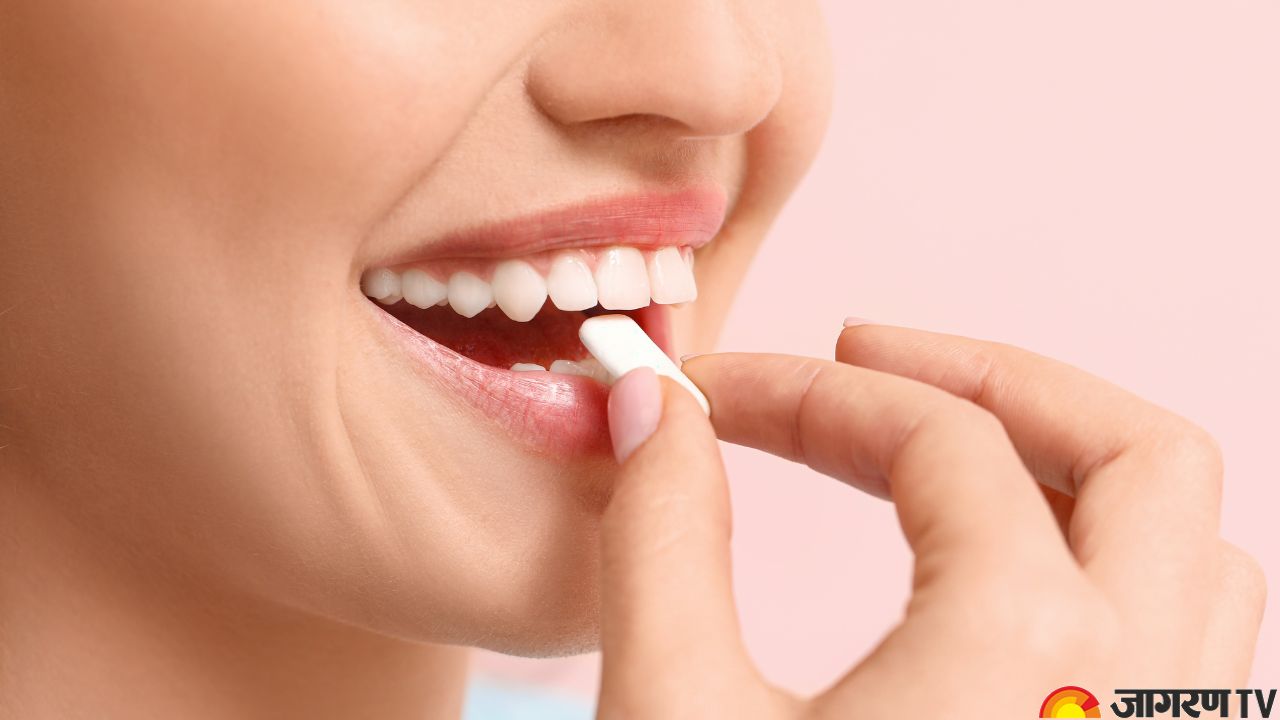Chewing Gum 101: Unexpected Yet Magical Benefits of Chewing Gum, Know Risks, Oral Health, and More

Chewing gum is more than simply a temporary remedy for bad breath or a means to keep your mouth busy. When chosen correctly and used in moderation, chewing gum can provide numerous health benefits, particularly for oral health and mental alertness. However, like any habit, it is important to recognize the potential drawbacks and how to make the best decisions.
Health Benefits of Chewing Gum
-
Sugar-free chewing gum increases saliva production, which helps to neutralize acids produced by bacteria in the mouth, lowering the risk of cavities. Saliva also helps to remove food particles and strengthens tooth enamel.
-
Chewing gum is a simple and efficient approach to combat bad breath, especially after a meal or coffee. Peppermint or spearmint gums are popular choices for an instant burst of freshness.
-
Several studies have found that chewing gum can boost mental function by boosting blood flow to the brain. This can improve alertness, memory, and reaction times, particularly during tasks that require sustained concentration.
-
Chewing gum after meals can stimulate digestive enzymes by boosting saliva flow, potentially resulting in smoother digestion and reducing acid reflux.
-
Chewing gum’s rhythmic action may have a relaxing impact and lower cortisol levels, making it an easy and unobtrusive solution to manage mild stress or anxiety.
-
Gum is a low-calorie alternative to snacking. While it does not substitute a nutritious diet, it can help suppress cravings and prevent mindless snacking.
Dental Considerations
Opt for Sugar-Free Gum
Sugary gums cause tooth decay. Sugar-free versions, particularly those containing xylitol, may help prevent cavities and suppress germs such as Streptococcus mutans.
Avoid Overchewing
Excessive gum chewing can cause jaw problems, namely temporomandibular joint (TMJ) disorders, due to repetitive action.
Monitor Ingredients
Some gums contain acidic flavours and preservatives, which can damage enamel over time.
Be Mindful of Dental Work
Gum can stick to dental appliances such as braces, crowns, and dentures, causing irritation or damage.
Side Effects of Chewing Gum
-
Constant or aggressive chewing can cause jaw fatigue and worsen TMJ problems.
-
Swallowing too much air while chewing might cause bloating or gas. Some artificial sweeteners used in sugar-free gums, such as sorbitol, can induce stomach discomfort or diarrhea if ingested in high quantities.
-
In rare cases, some substances or sweeteners may cause allergic reactions in sensitive people.
How to Choose the Right Chewing Gum
Go Sugar-Free
To lower the risk of tooth decay, look for gums labeled “sugar-free.”
Check for Xylitol
Xylitol is a sweetener that is good for your teeth and helps prevent cavities.
Avoid Harmful Additives
Avoid gums with artificial colours, preservatives, and excessive acid content.
Choose Dentist-Approved Brands
Some gums have an ADA (American Dental Association) Seal of Acceptance, demonstrating established oral health advantages.







